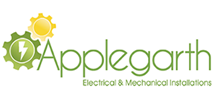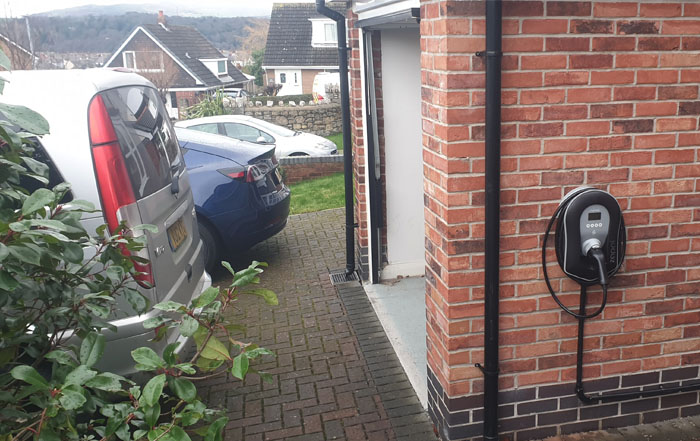The switch to electric vehicles promises significant savings over petrol and diesel, but with energy prices soaring, you might be wondering if those savings are still worthwhile. While standard electricity rates have climbed sharply since 2022, there’s a simple solution that keeps EV charging surprisingly affordable: specialist EV tariffs.
These innovative energy deals offer ultra-low rates during off-peak hours, often dropping as low as 7p per kWh compared to standard rates of 30p or more. For EV owners, this can mean charging your car for less than £5 instead of £20+, which could represent a game-changing difference to your monthly running costs.
What’s more, these tariffs don’t just benefit your car charging. By shifting your energy-hungry appliances to these off-peak windows, you can cut your entire household electricity bill dramatically.
So, let’s explore how you can tap into these hidden savings and ensure your switch to electric motoring delivers the cost benefits you expect.
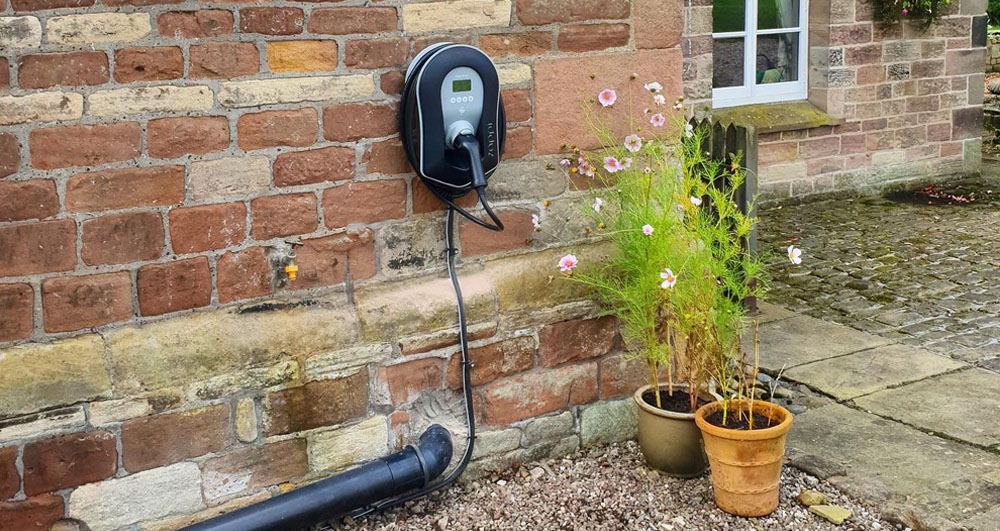
What Makes EV-Specific Energy Tariffs Different from Standard Rates
EV-specific energy tariffs operate similarly to Economy 7 and other Time of Use (TOU) tariffs but are specifically designed to benefit electric vehicle owners. These tariffs provide substantially discounted rates during off-peak hours, typically overnight, when you can charge your vehicle for significantly less than standard electricity rates.
The difference in rates is substantial. While standard electricity rates can exceed 30p per kWh during peak hours, EV tariffs offer rates as low as 6.9p per kWh during off-peak periods. For example, as of late 2024, E.on Next’s Drive tariff provides 7 hours of off-peak charging every day at 6.9p per kWh, while Octopus Energy’s Intelligent Octopus Go offers 6 hours at 7p per kWh.
What sets these tariffs apart is their flexibility. The discounted rates apply to all electricity usage during off-peak hours, not just EV charging. This means you can reduce costs across your entire household by running energy-intensive appliances during these periods. According to OVO Energy, charging with their specialised tariff can reduce costs to less than 2p per mile – representing an 80% reduction compared to petrol costs.
It’s worth noting that variable EV tariffs offering dual rates fall under the Ofgem price cap, while fixed deals operate independently. Your exact rates may vary by region, making it essential to check with specific suppliers for rates in your area.
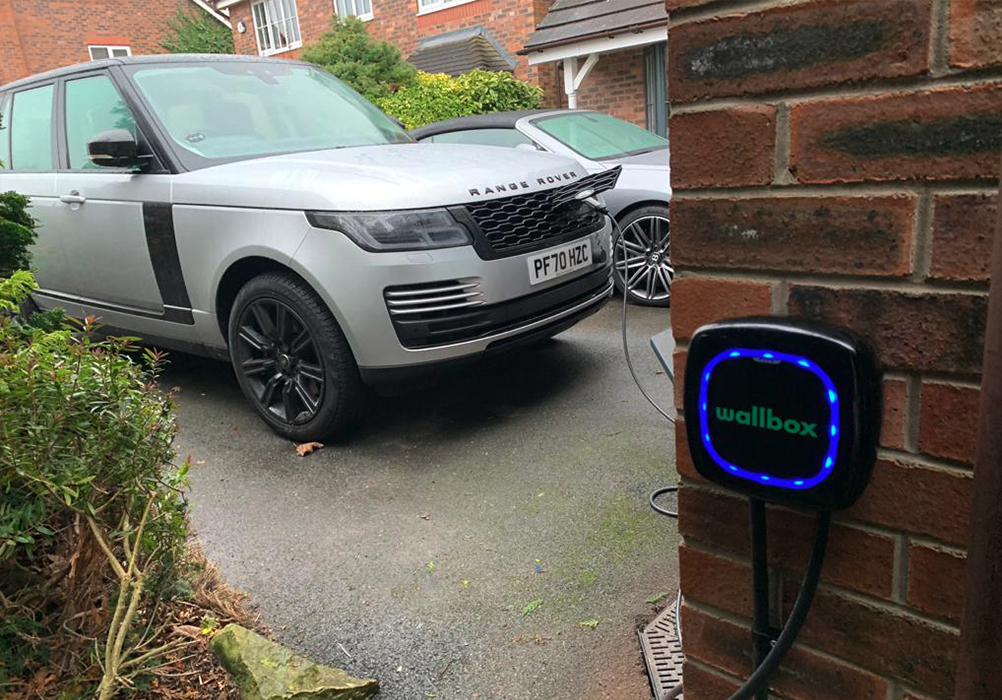
Smart Home Chargers: Essential for Maximising EV Tariff Benefits
The best way to maximise the cost savings from these cheap EV tariffs is by installing a smart home EV charge point. Unlike basic charging units, smart chargers communicate directly with your electricity supplier through your home’s smart meter, automatically adjusting charging times to align with your tariff’s lowest rates.
These intelligent systems allow you to set charging schedules through smartphone apps, ensuring your vehicle charges during off-peak windows. For instance, if your tariff offers the lowest rates between midnight and 5 am, your smart charger can automatically begin charging when the cheaper rate starts, even if you plugged in hours earlier.
Modern EV charge points also integrate seamlessly with different tariff structures. Whether you’re on E.on’s seven-hour off-peak window or Octopus Energy’s shorter period, your smart charger can be programmed to optimise charging patterns accordingly. This intelligent scheduling ensures you’re never accidentally charging during peak rates, which could otherwise negate the savings your EV tariff provides.

Calculate Your Potential EV Charging Savings
Understanding your potential savings starts with a simple comparison. At current prices of 135.69p per litre for petrol, driving a typical family car costs around 14-15p per mile. In contrast, charging an electric vehicle on an EV-specific tariff can reduce this dramatically.
Taking OVO Energy’s Charge Anytime tariff as an example, charging costs can be as low as 2p per mile. For a typical driver covering 8,000 miles annually, this represents a significant difference:
- Petrol Vehicle: 8,000 miles at 14p per mile = £1,120 per year
- Electric Vehicle (on EV tariff): 8,000 miles at 2p per mile = £160 per year
- Potential Annual Saving: £960
Even on standard electricity rates, EV charging remains more economical than petrol, which is the reason so many of you are making the switch. But it’s when you factor in these specially designed EV tariffs that you really begin to see the huge potential differences in running costs.
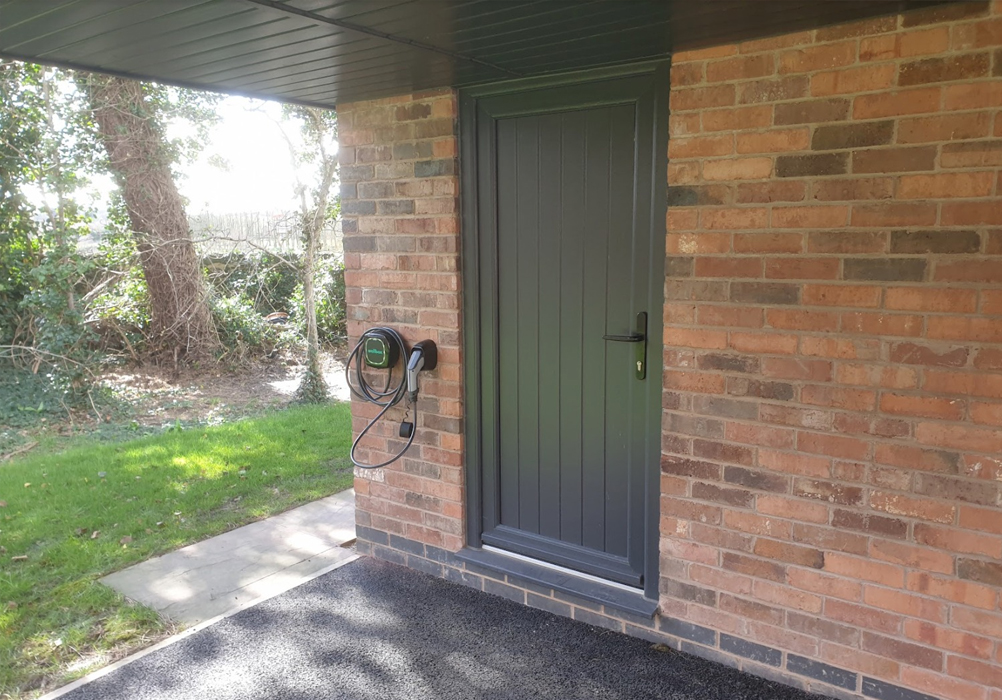
Start Saving on Your EV Charging Costs Today with Applegarth
To take advantage of these money-saving EV tariffs, you’ll need a properly installed smart home charge point. As OZEV-approved installers, we ensure your EV charge point installation meets all technical requirements for compatibility with your chosen energy supplier, and we’re certified installers of many of the leading brands.
At Applegarth, we’ve helped hundreds of homeowners across the North West transition to efficient home charging solutions. Our experienced team can guide you through the available charging options and also check to see if you qualify for any government funding, further reducing your vehicle running costs.
To discuss your EV charging requirements, contact us on 0151 649 8350 or email info@applegarth.co.uk. We’ll assess your needs and recommend a charging solution that works for you.

